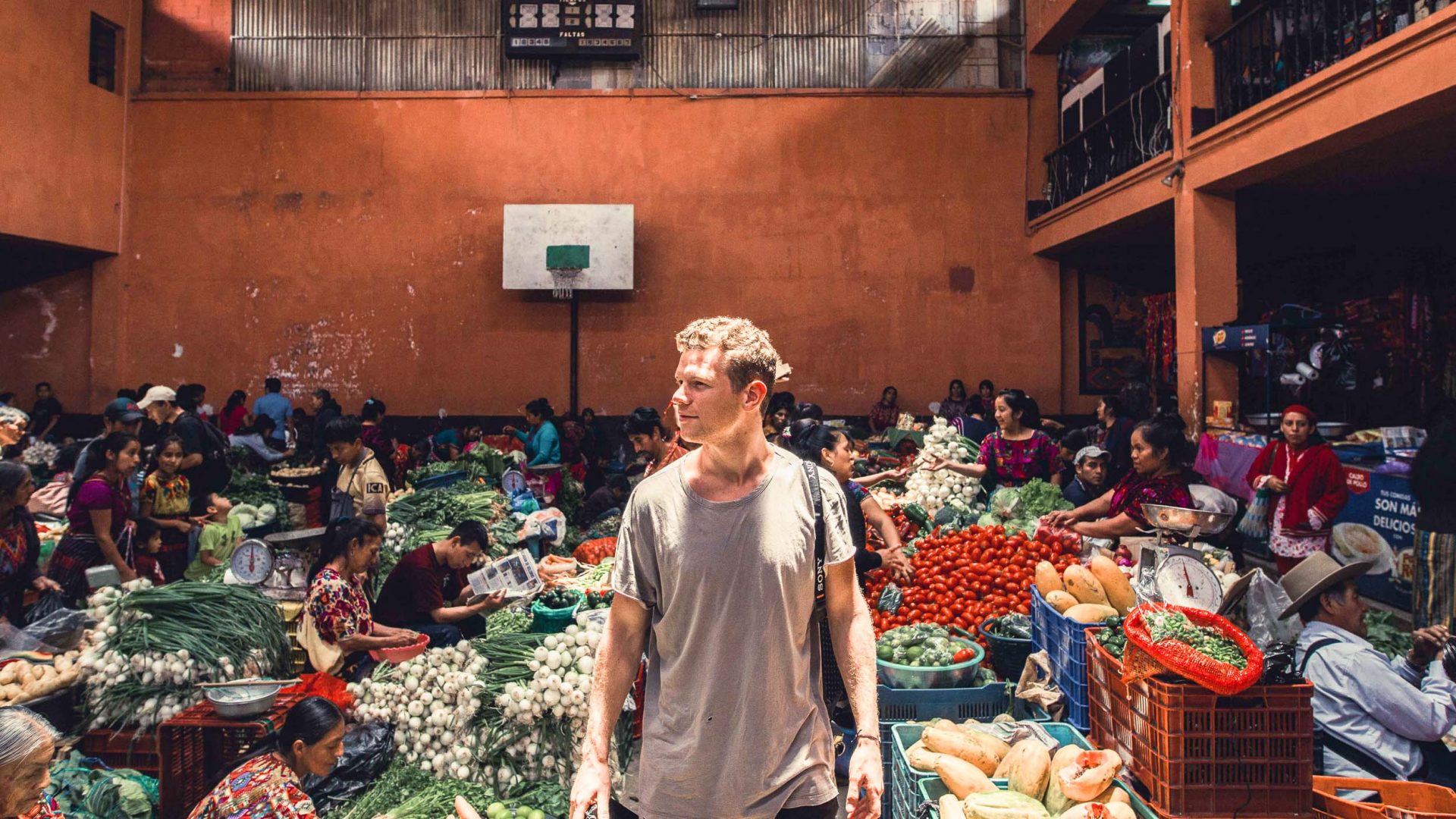
After a global pandemic brought travel to a standstill, and themes of racial and social injustice were thrust into the spotlight, Meera Dattani explores how we might rebuild travel as an antidote to inequality—wherever in the world we may roam.


After a global pandemic brought travel to a standstill, and themes of racial and social injustice were thrust into the spotlight, Meera Dattani explores how we might rebuild travel as an antidote to inequality—wherever in the world we may roam.
Ah, travel. Taking 50 photos of sunrise. A cold beer in a local bar at the end of a hot day. Watching sunset from the balcony of a locally owned guesthouse. Buying souvenirs from a brilliant, innovative social enterprise.
Ah, travel. Instagram photos with ‘African’ children. A favela tour of poverty-porn. Luxury lodge life on land stripped from indigenous communities. Drinking welcome cocktails during a tribal welcome dance.
Many of us have been in both camps when we’ve traveled. And it’s better to admit we haven’t always done it right, and blurred the lines of what we think is ‘OK’. Part of this is because we haven’t always had a clear idea of what is and isn’t ‘OK’—and a kind-of pack mentality can fool us into thinking certain actions or experiences are fine, when we’d never dream of doing the same thing at home. If everyone’s lining up to visit the Cambodian orphanage, surely it must be kosher, right? Wrong.
It’s in part the result of centuries of viewing the world through a Western lens with a lack (or erasure) of historical context, whether that’s a poor understanding of colonialism, or land rights of indigenous people. As travelers, we often don’t know whose land we’re standing on, or whose land it used to be, and how they were removed from it. That story is often left out of the brochure so we literally and figuratively put our foot in it.
Instead of engaging with an often-uncomfortable story, we romanticize it, by ‘othering’ people’s cultures, traditions and everyday lives, and exoticizing what, for them, is just a way of life. It’s easier that way to make sense of it, and makes the difference less confronting and challenging.
The pandemic has shown the fragility of our way of life, but also the disparities within it, from the Black Lives Matter movement to the inequality of access to vaccines. To rallying cries like, ‘We’re all in the same boat’, I call BS. It’s the same storm—and the pandemic is one helluva storm—but it’s one where some people have no boat, a few will and have drowned and others have a vessel that may or may not make it. Meanwhile, a handful have been in safe harbor, even luxury liners, from the start, unmoved by the howling winds of change. And that’s as true of our lives on the road as it is of our lives at home.
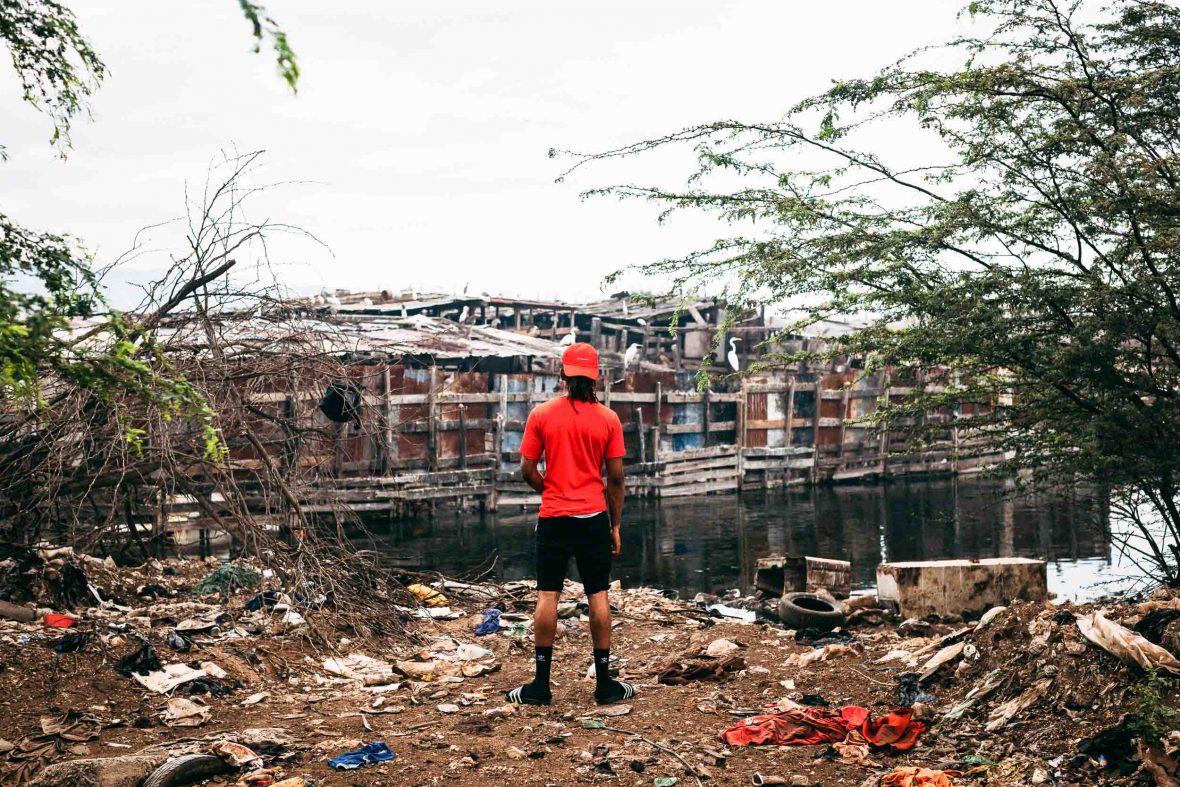
For those of us privileged enough to be able to say we “We miss traveling”, 2020 saw us grounded. Instead of physically traveling, we devoured ‘Postcards from’ pieces from travel writers in lockdown; went for lots of walks; did more domestic tourism than usual; and read countless articles on the future…”—that it will be regenerative, restorative, impactful, conscious, intentional. But what does that mean in practice?
Because one of the problems is this focus on us. What can the traveler ‘get’ from the experience? More recently, that has centered around will they get a refund, when can they travel again, and has the destination done enough to be ‘Covid-safe’ for us? But what of the communities and people—the guides, rangers, hoteliers, local bar and restaurant owners—who suddenly found themselves income-less, due to reduced or zero visitors… all the while dealing with the same pandemic and lockdown measures? And is it even right that so many places are this reliant on tourism that a global shutdown leaves no viable alternative economy or prospects?
“Stepping out of the bubble doesn’t mean we can’t pursue, appreciate or revel in what’s different—it simply means not indulging whims and desires at the expense of those we visit.”
In some cases, the pandemic has regenerated such places. In India, residents of the 700-year-old Khonoma village in the state of Nagaland, have adopted a more sustainable lifestyle of farming and rearing livestock to replace tourist income. As the country’s first ‘green village’, it’s home to Khonoma Nature Conservation and Tragopan Sanctuary (KNCTS), and hopes to attract some of its previous visitors (over 4,000 visitors in 2019) post-lockdown, according to this Guardian article.
Places like Khonomo may well be a case in point. Perhaps it’s when tourism becomes a ‘nice-to-have’, an add-on to the local economy, that only then can it take on its own shape, one that local communities will have a part in shaping.
This two-way process matters. It’s understandable, for example, that as a curious traveler, I might be interested in the history and legacy of townships in South Africa. But is it right that I rock up in Cape Town and book any old ‘township tour’ without considering its impact? If it’s a human safari with photo opps, it’s more harmful than anything else. And the more we do it, the more others do it, wanting that same ‘authentic’ experience.
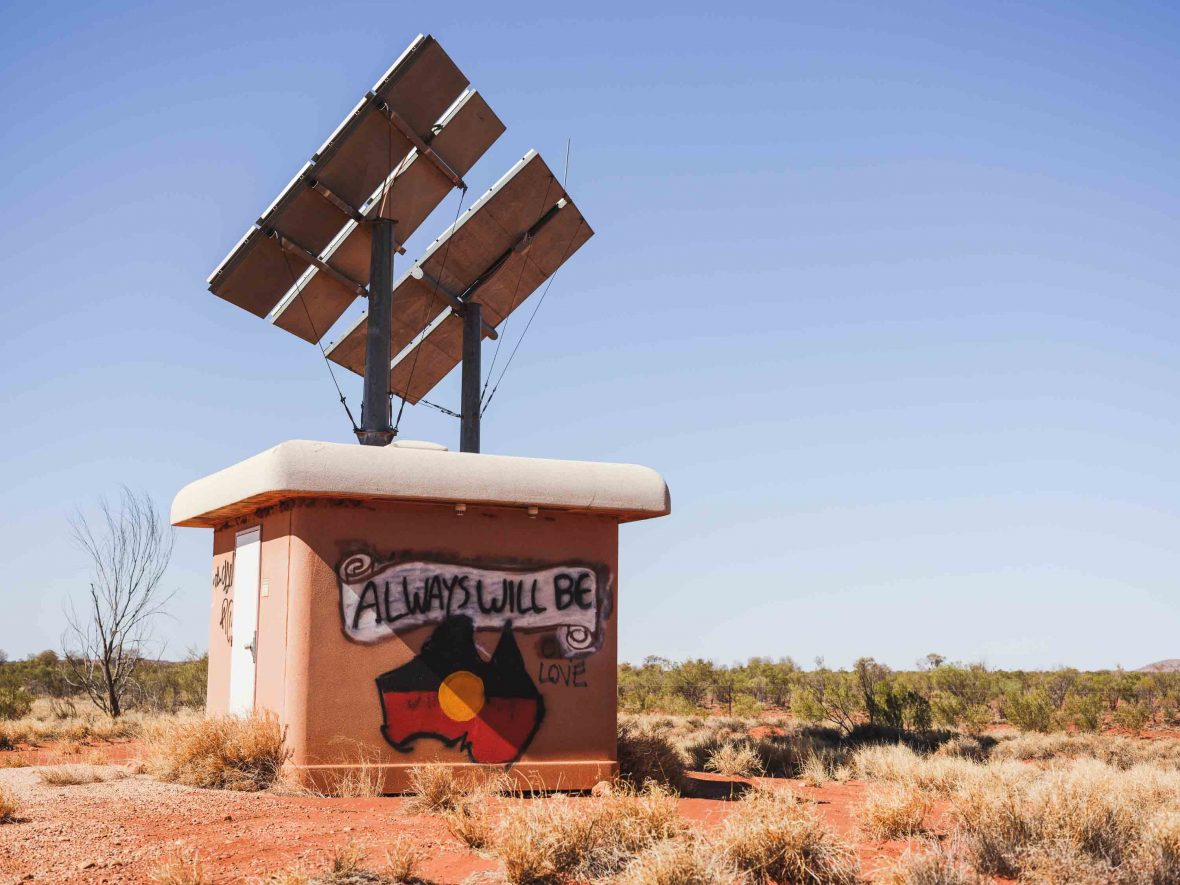
It’s exactly this—indulging our travel desires while separating them from the lives of the people whose communities we’re in—that can end up with the traveler in a bubble. And stepping out of it doesn’t mean we can’t pursue, appreciate or revel in what’s different—it simply means not indulging whims and desires at the expense of those we visit.
And remember, for many who work in tourism (not all, of course), whether a family-run Scottish distillery or a conservationist in Madagascar, they too have a desire to share, show and welcome—travel can be beautifully reciprocal when it’s done right.
Right now, there are opportunities at every level for meaningful change—for the individual operators, for the traveler, and for the tourism ‘industry’, whose role is arguably to connect the two. More travelers demanding more ethical experiences means the industry will pay more attention, and start offering them.
RELATED: How can the travel industry make the world more inclusive and accessible?
It goes the other way too: the more the industry makes these experiences available, and the better job it does of marketing them, the more that demand will grow. And why can’t ‘good’ holidays be the default? They don’t have to be eco experiences or conservation-related either. Why can’t you have a fun beach holiday that doesn’t exploit, simply by putting in certain safeguards and parameters? Should that not be the norm in travel, just as Fairtrade should be the norm in our supermarkets? Australia’s recently launched Indigenous travel agency, which curates Indigenous-owned and operated tours around the country, is a brilliant example of this.
But what we shouldn’t do is allow the feelgood ‘travel for good’ mantra to stop us questioning the impact of our actions. Not all travel is all good. We need to be measured in how we travel, how often we travel, what we leave behind, of traveling closer to home. The places we visit are not just ‘holiday destinations’—they’re home for other people; living, breathing communities.
Of course, the companies we book with, the airlines who take us there, the hotels, hostels, and guesthouses we stay in, the museums and galleries we visit, the travel publications and TV that influence us, they too have a big part to play. They all can represent the world better, by paying fair wages, using diverse writers and guides, ensuring tours are not exploitative, putting places in historical context, to name a few ways that pave a fairer future.
But as travelers, we too can take charge, being more courageous by asking questions of our travels, where our money goes, and what benefits a ‘township tour’ will bring. And if we can’t be brave after a pandemic, during which we’ve had time to ponder the benefits and negatives of travel, then when will we?
—-

London-born-and-bred with a Ugandan-Indian heritage, Meera Dattani is Adventure.com's executive editor and an award-winning freelance travel journalist. Her stories center on food and cultural heritage, wildlife and conservation, and soft adventure, often through a lens of decolonizing and modernizing travel writing. Her work has been published in National Geographic Traveller, BBC Travel, Condé Nast Traveller, Olive magazine and many others.


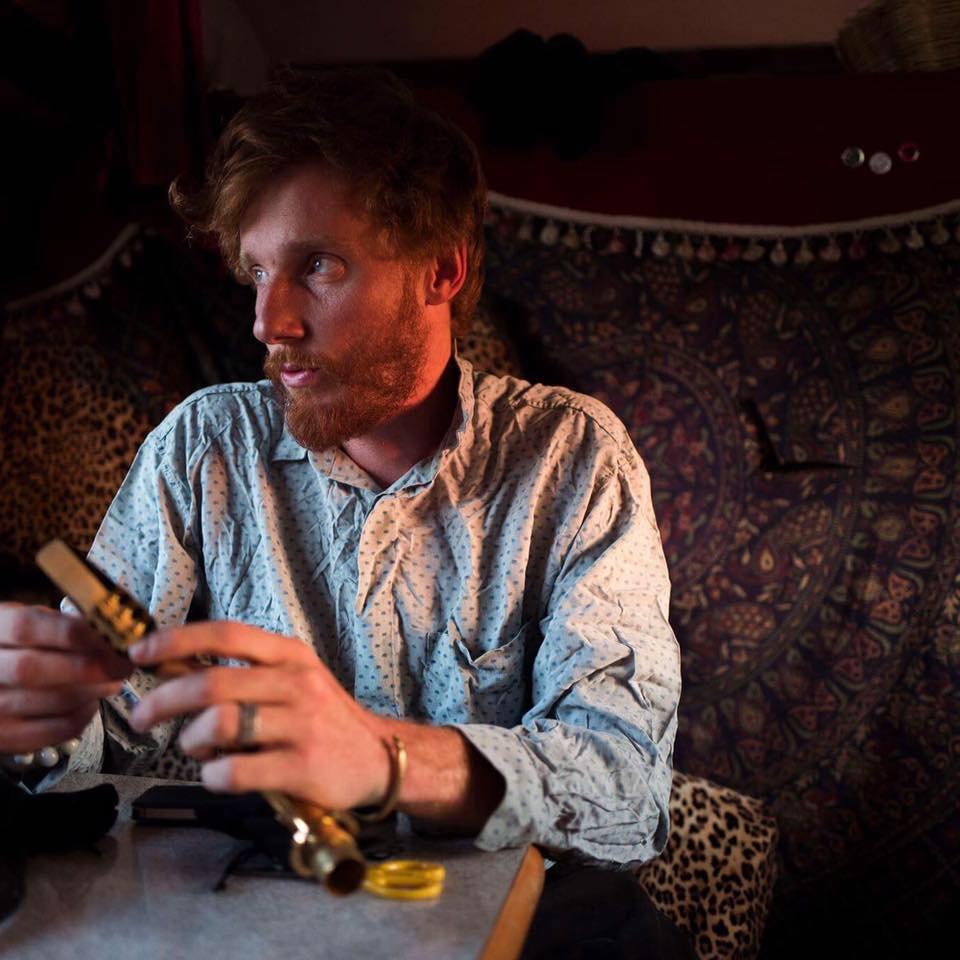

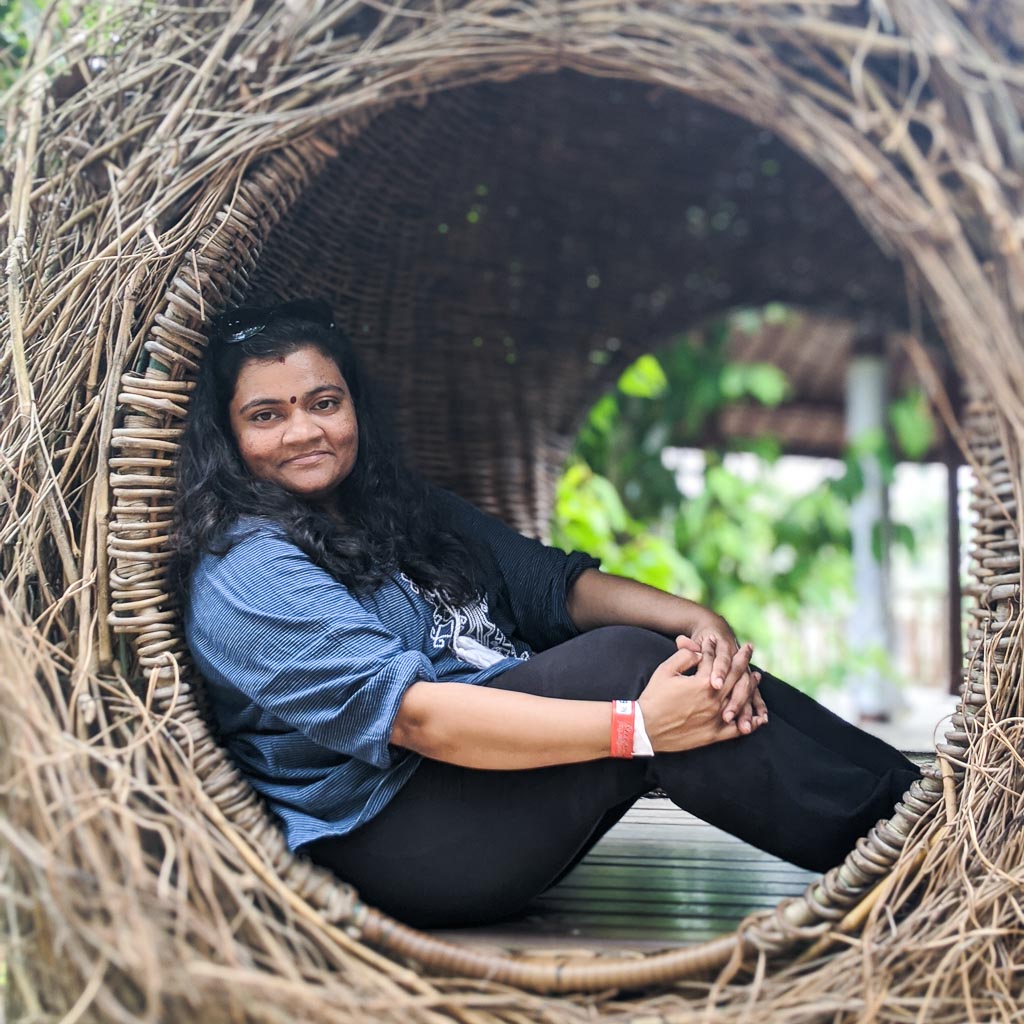

Can't find what you're looking for? Try using these tags: